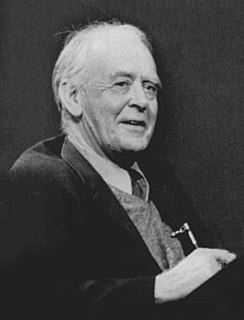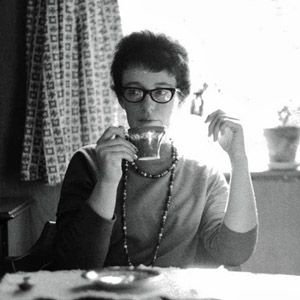A Quote by Raymond Aron
What passes for optimism is most often the effect of an intellectual error.
Related Quotes
It is too often believed that a person in his progress towards perfection passes from error to truth; that when he passes on from one thought to another, he must necessarily reject the first. But no error can lead to truth. The soul passing through its different stages goes from truth to truth, and each stage is true; it goes from lower truth to higher truth.
Of all the things we are wrong about, error might well top the list ... We are wrong about what it means to be wrong. Far from being a sign of intellectual inferiority, the capacity to err is crucial to human cognition. Far from being a moral flaw, it is inextricable from some of our most humane and honourable qualities: empathy, optimism, imagination, conviction, and courage. And far from being a mark of indifference or intolerance, wrongness is a vital part of how we learn and change. Thanks to error, we can revise our understanding of ourselves and amend our ideas about the world.
Although my mom and I had often disagreed politically and personally, she'd led our family by example, instilling in us a can-do attitude that often defied reason - an optimism many would call foolish, ignorant, and naive, but an optimism that occasionally shocked our neighbors and our world with its brazen veracity.
optimism, n. The doctrine, or belief, that everything is beautiful, including what is ugly, everything good, especially the bad, and everything right that is wrong. It is held with greatest tenacity by those most accustomed to the mischance of falling into adversity, and is most acceptably expounded with disproof - an intellectual disorder, yielding to no treatment but death. It is hereditary, but fortunately not contagious.
There are really two kinds of optimism. There's the complacent, Pollyanna optimism that says, 'Don't worry - everything will be just fine,' and that allows one to just lay back and do nothing about the problems around you. Then there's what we call dynamic optimism. That's an optimism based on action.
There are really two kinds of optimism. There's the complacent, Pollyanna optimism that says "don't worry - everything will be just fine" and that allows one to just lay back and do nothing about the problems around you. Then there's what we call dynamic optimism. That's an optimism based on action.
The fatal error of much science fiction has been to subscribe to an optimism based on the idea that revolution, or a new gimmick, or a bunch of strong men, or an invasion of aliens, or the conquest of other planets, or the annihilation of half the world--in short, pretty nearly anything but the facing up to the integral and irredeemable nature of mankind--can bring about utopian situations. It is the old error of the externalization of evil.
Error is a supposition that pleasure and pain, that intelligence, substance, life, are existent in matter. Error is neither Mind nor one of Mind's faculties. Error is the contradiction of Truth. Error is a belief without understanding. Error is unreal because untrue. It is that which stemma to be and is not. If error were true, its truth would be error, and we should have a self-evident absurdity -namely, erroneous truth. Thus we should continue to lose the standard of Truth.
Christian optimism is not a sugary optimism, nor is it a mere human confidence that everything will turn out all right. It is an optimism that sinks its roots into an awareness of our freedom, and the sure knowledge of the power of grace. It is an optimism that leads us to make demands on ourselves, to struggle to respond at every moment to God's call.







































